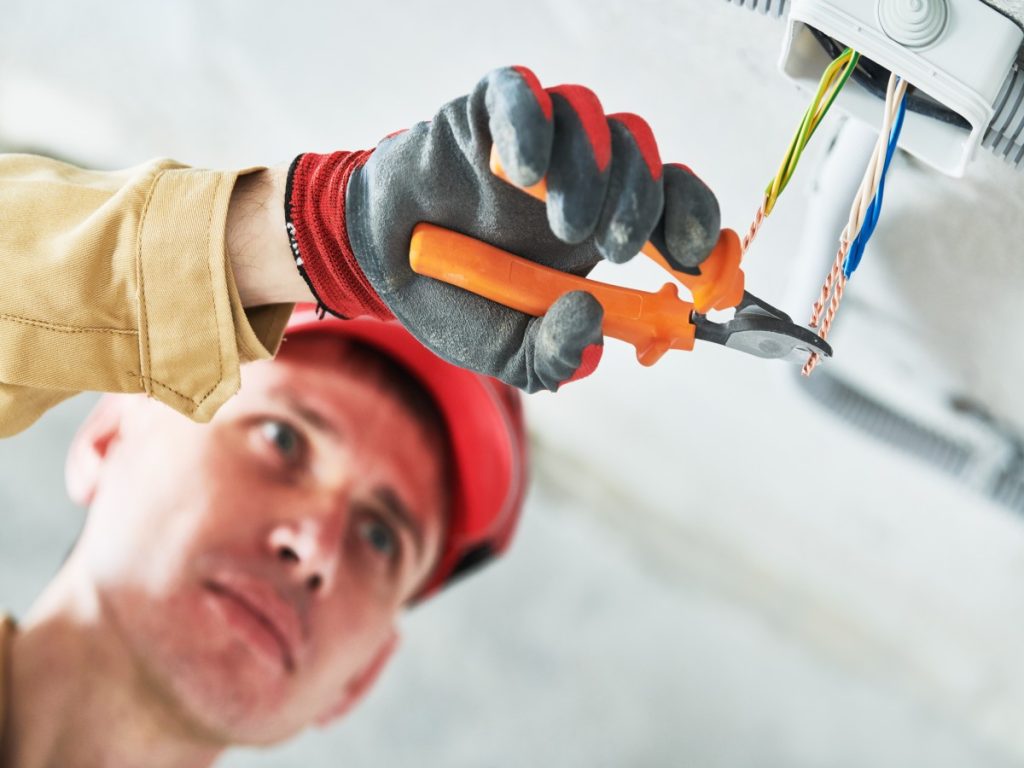The Ultimate Guide to Understanding & Preventing Frequently Blown Fuses
What is a Fuse and How Does it Work?

A fuse is a device that protects electrical circuits from overloads by interrupting the flow of current.
The fuse works by interrupting the flow of current through a circuit, which prevents damage to the circuit. Removed fuse, allows the current to flow again through the circuit.
Fuses are used in many types of circuits because they are able to detect when a fault occurs and react accordingly.
How to Identify the Cause of Frequently Blown Fuses?
Unfortunately, power-leakage detection can be a difficult process. It is important to identify the cause of a blown fuse as quickly as possible.
There are many causes of blown fuses. The most common ones are AC current leakage and power-leakage detection. Identifying the cause of a blown fuse can help you avoid future issues and save on your utility bills.
The following are some tips that may help you identify the cause of a blown fuse:
1) Check for signs of water damage or other environmental factors that may have caused corrosion to your wiring system.
2) Check for signs of rodent or insect infestation.
3) Inspect your circuit breakers and make sure they are still functional.
Common Causes of Blown Fuses & Tips For Avoidance
Many homeowners have experienced the inconvenience of an electrical short circuit and the resulting damage to their home. Here are some tips for avoiding these issues.
1) Always use a voltage regulator with your appliances: Voltage regulators help protect your appliances from overvoltage and voltage fluctuations. This is especially significant if you’re using a generator or solar panels as your power source.
2) Don’t overload outlets: If you need to use more outlets than what’s available, consider adding extension cords or power strips in order to prevent overloading circuits.
3) Avoid wiring mistakes: Make sure that all wires are properly secured and in good condition before connecting them to the outlet.
What are the Right Types & Sizes of Replacement Fuses?
Common household appliance, used to protect electric appliances from power surges. Usually made of metal. They have a wire inserted into a hole in the fuse and then covered with a cap.
There are different types of fuses depending on your needs and type of appliance being protected by them. The most commonly used fuses are the 30 amp, 40 amp, 50 amp, 60 amp, 80 amp, 100 amp, 125 amp and 200 amp. The size of the fuse depends on what you require it to cover. For example, if you require it to cover an oven or refrigerator you will use a 50-60 amp fuse, while if you require it to cover an air conditioner or furnace you will use a 125-200 amps fuse.
When Should You Call an Electrician for Troubleshooting Blown Fuses?
When you notice a blown fuse, the first thing you should do is call an electrician. There are some situations when you can fix the problem yourself and others when it’s best to have an electrician come in and inspect your home.
The first step in deciding whether to call an electrician is to make sure that the fuse has blown because of a power surge. If that’s the case, then it’s time for a safety inspection. If there are no signs of power surges, then it may be time for troubleshooting. When should I call an electrician? When should I do my own troubleshooting? What are some signs of power surges?
If your fuse blows and there are no signs of power surges, then you may want to consider doing your own troubleshooting. If the fuse keeps blowing, it could be that you have an issue with the electrical panel.
Electricians are often needed for a variety of reasons. In Northampton, blown fuses are very common. When this happens, it is important to call an electrician as soon as possible. Electricians can help you with a variety of tasks such as installing new fuse boxes or wiring circuits.
In the case of a fuse blowing, they can help you reset the circuit breaker or replace the fuse. When a fuse blows, the electricity will not be flowing to the rest of your home. This can cause serious damage to your home and appliances, which is why it is significant to call an electrician as soon as possible.
